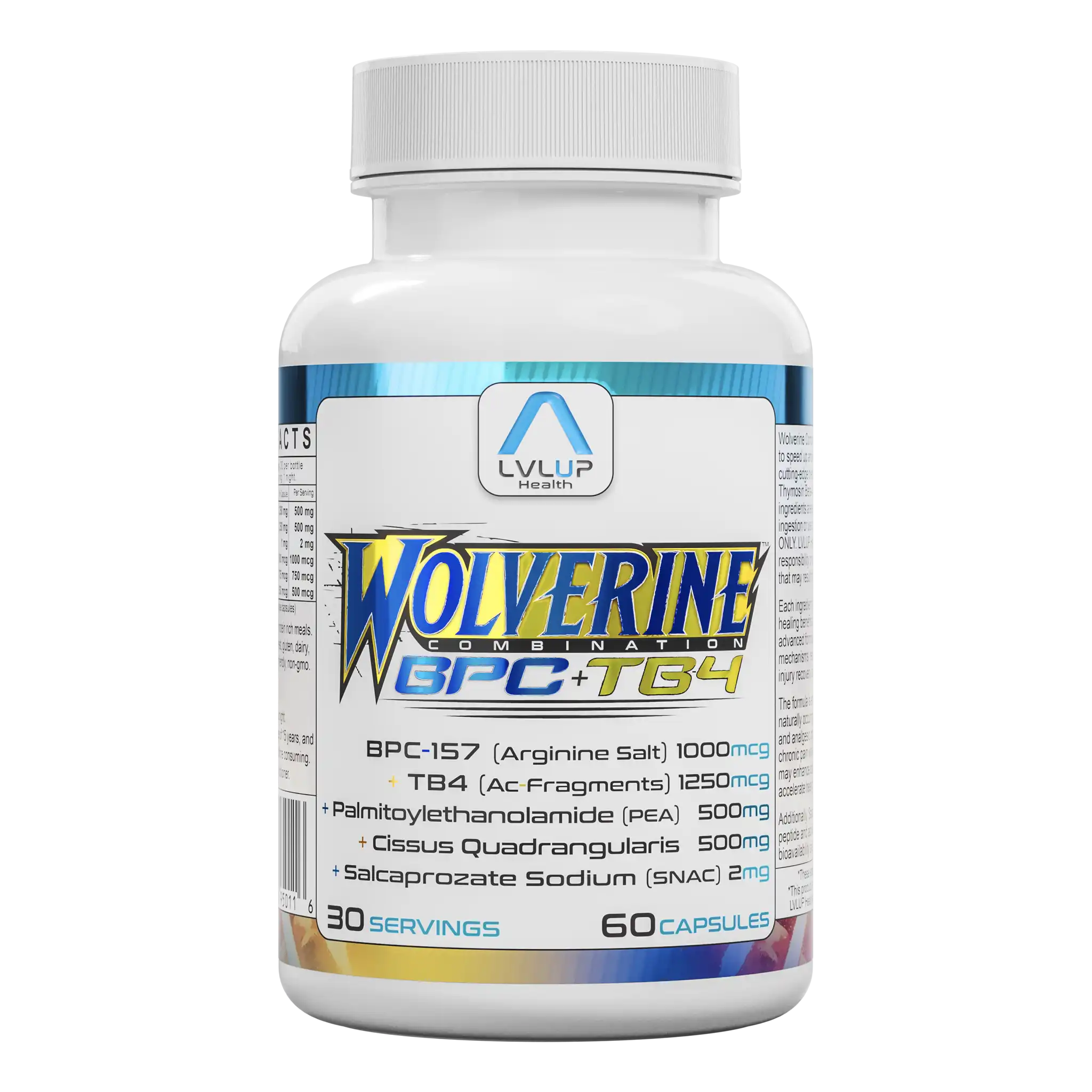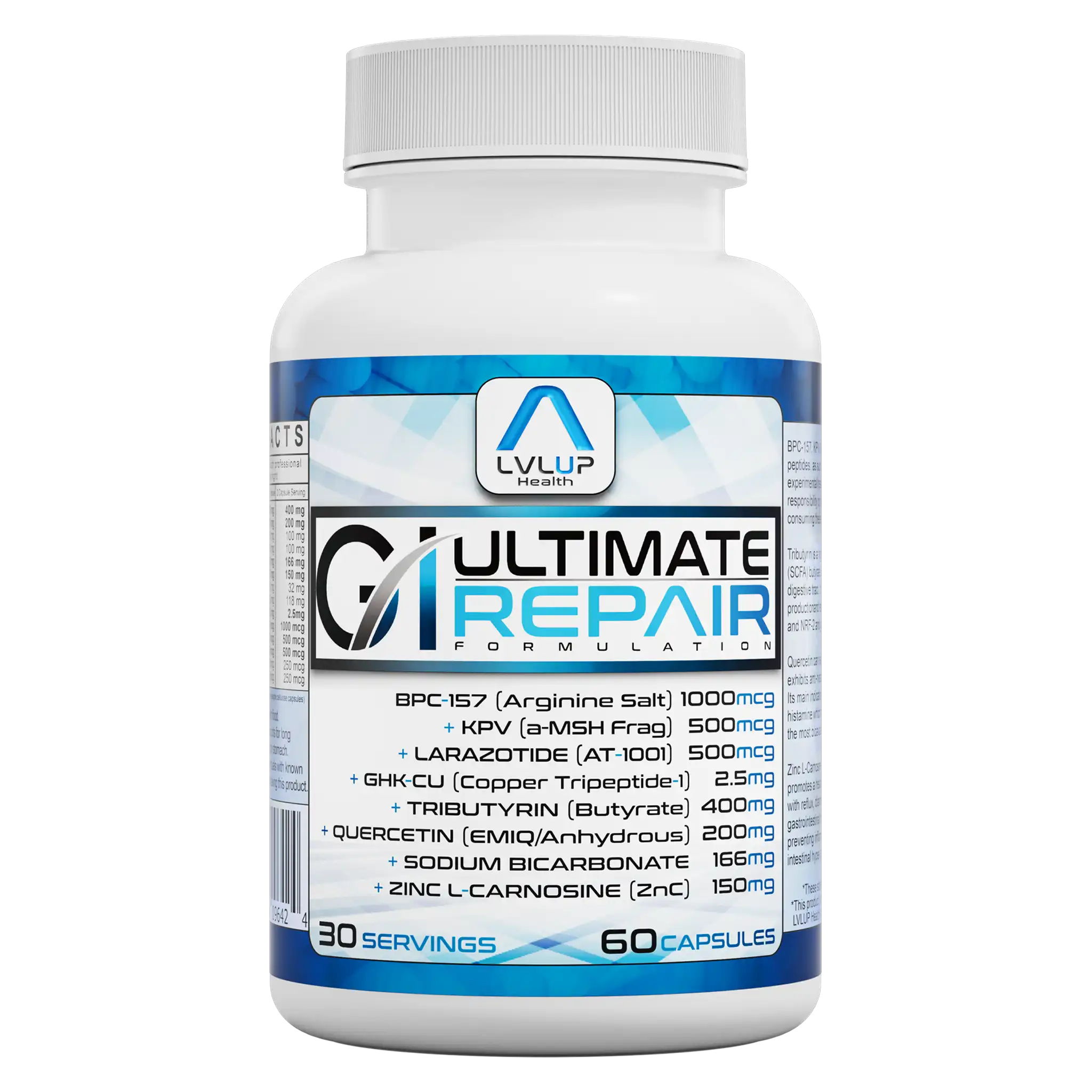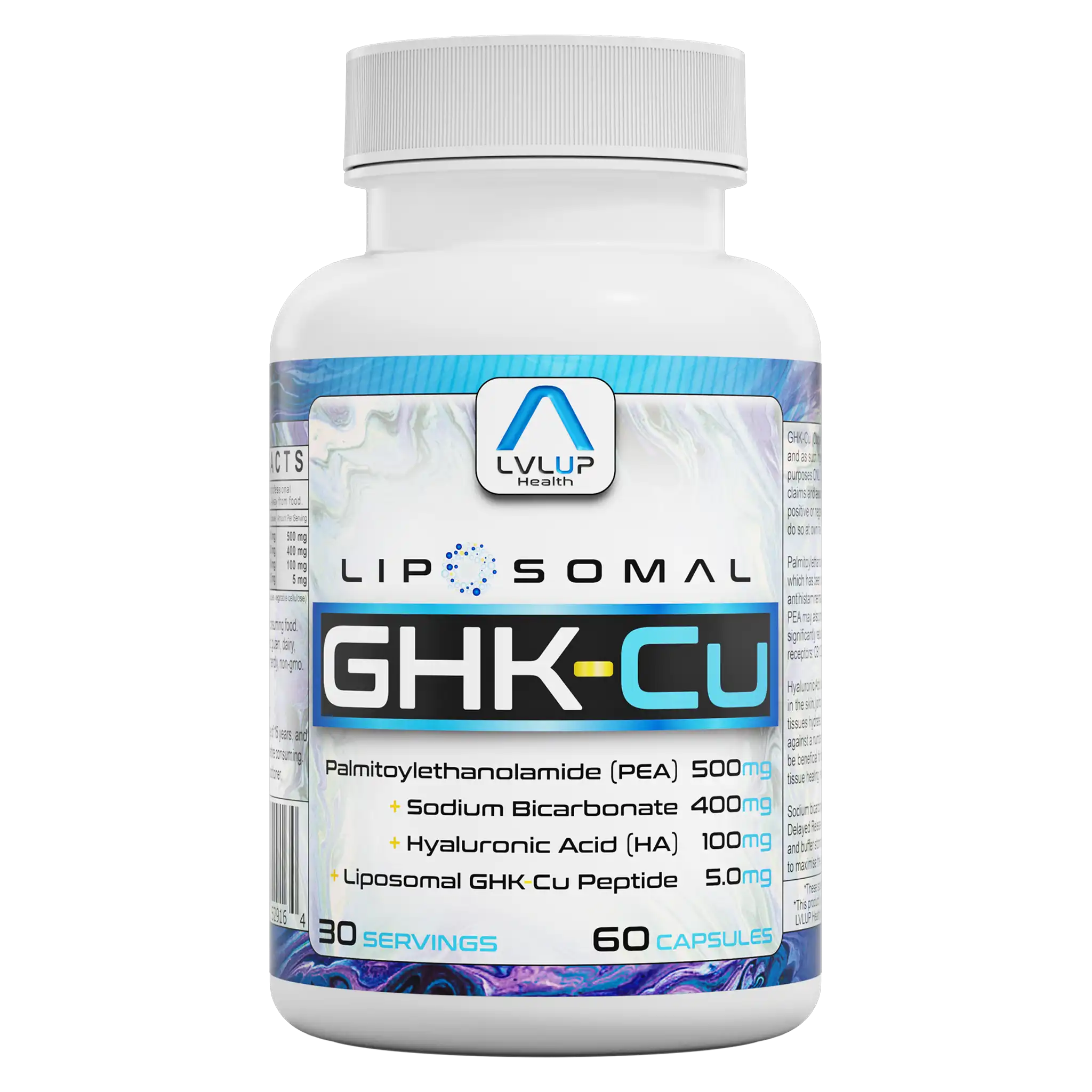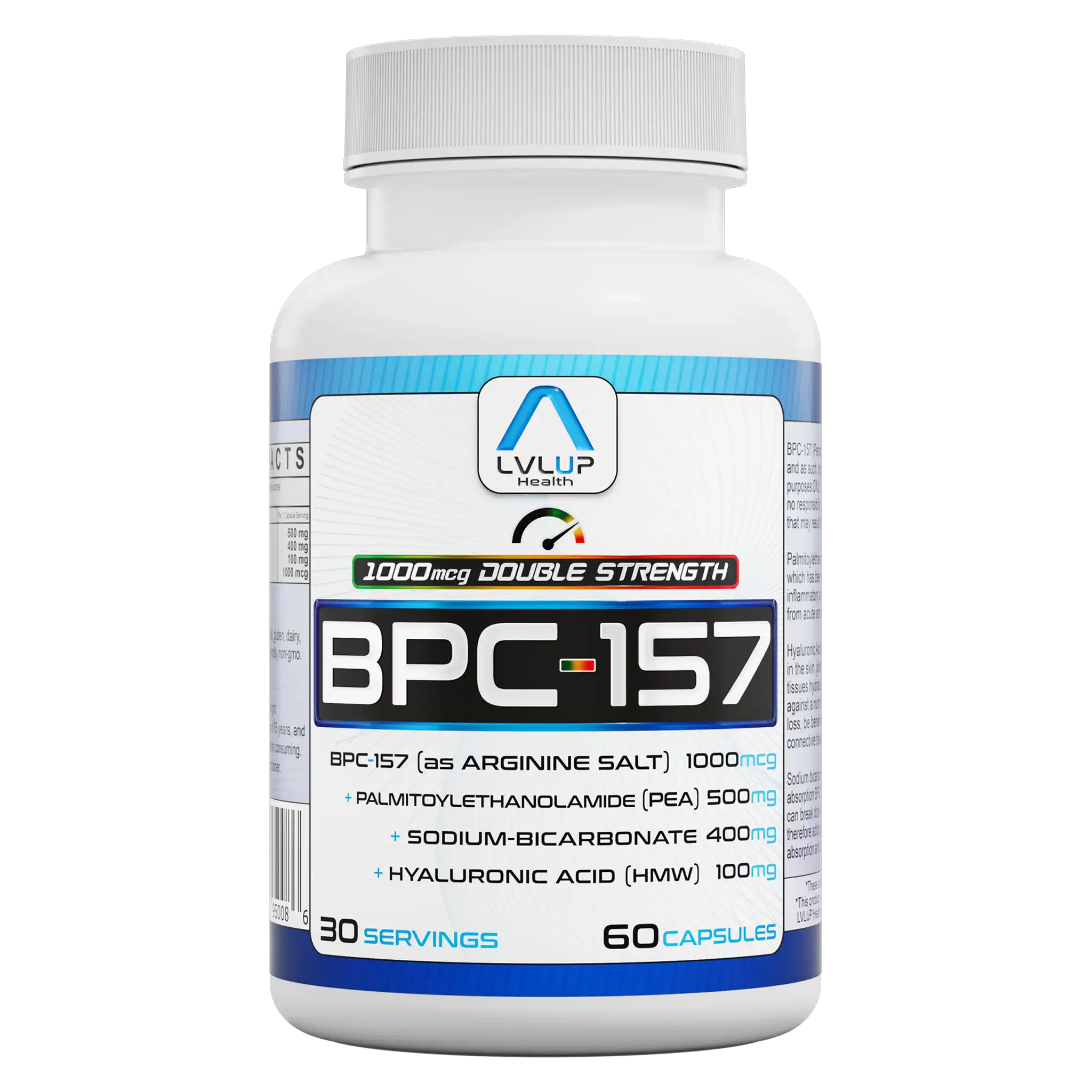NMN
About NMN
Understanding NMN
NMN acts as a direct precursor in the salvage pathway for NAD+ biosynthesis. When you take NMN, it’s rapidly absorbed and converted into NAD+ within cells. This process bypasses some of the rate-limiting steps that constrain NAD+ production through other routes. With the help of specific transporter proteins, NMN is efficiently imported into somatic tissues.
Role of NAD+
NAD+ is essential for redox reactions that are vital to mitochondrial ATP production via oxidative phosphorylation. Without adequate NAD+, your energy metabolism may falter, stress responses can be impaired, and genomic instability may accumulate. By supplementing with NMN, you can potentially increase the intracellular pool of NAD+, reactivating sirtuin-dependent processes involved in metabolic regulation and inflammation control.
Scientific Insights
Studies have used isotopically labeled NMN to show rapid uptake and conversion, particularly by the liver, in just minutes after oral administration. The resulting increase in NAD+ has been associated with improved glucose tolerance, better lipid metabolism, and preserved neurovascular coupling in aged models. While human studies are ongoing, NMN’s ability to replenish NAD+ and influence cellular pathways linked to aging and metabolic diseases is well-documented.
Detailed Information
Biochemical Pathways
NMN is a critical player in the salvage pathway for NAD+ biosynthesis. It circumvents rate-limiting steps in other pathways, quickly converting into NAD+. This conversion is facilitated by specific transporter proteins, allowing NMN to be directly taken up by somatic tissues.
Cellular Impacts of NAD+
NAD+ is indispensable for redox reactions that drive mitochondrial ATP production through oxidative phosphorylation. A decline in NAD+ levels can disrupt energy metabolism, impair stress responses, and lead to genomic instability. Supplementing with NMN aims to boost the intracellular NAD+ pool, reviving sirtuin-dependent deacetylation processes crucial for metabolic regulation and inflammation control.
Research and Insights
Research using isotopically labeled NMN illustrates rapid hepatic uptake and conversion shortly after oral intake. This rise in NAD+ is linked with enhanced glucose tolerance, modulated lipid metabolism, and sustained neurovascular coupling in aged models. Though human trials are still in progress, the rationale for using NMN in supplementation is its capability to elevate NAD+ levels and affect cellular pathways tied to aging and metabolic disorders.




